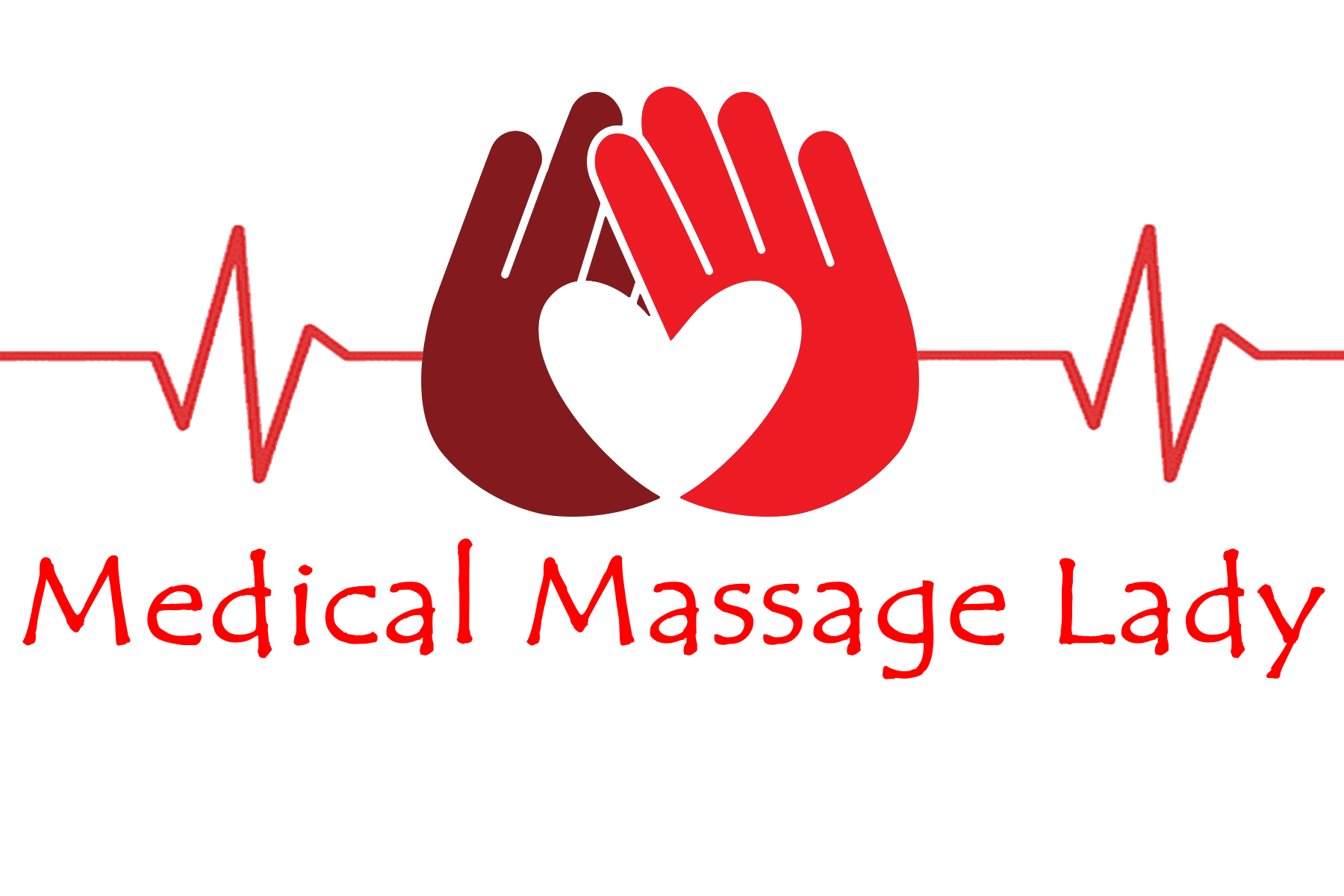- 07736 104738
- sam@medicalmassagelady.com
- Mon - Sat, 8:00 - 18:30
Pregnancy
Postnatal depression affects around 70,000 women in the UK, which equates to 10-15% of women giving birth every year. Around 66% of new mums experience temporary ‘baby blues’ due to hormonal changes and adjusting to new responsibilities. Postpartum depression is more serious and lasts longer. Mums with PND can struggle to bond, appearing to be either indifferent or over intrusive with their baby, often causing baby to cry excessively or become passive and withdrawn, sometimes up to 18 months old. Studies have shown that when mothers have not been given the necessary stimulation themselves in the early months, they may then have the same issue with their babies. While PND can be treated with psychotherapy or medication, this doesn’t improve mother baby interaction.
I have previously posted about the benefits of postpartum massage which include:-
• RELAXATION AND STRESS REDUCTION- increases serotonin and dopamine levels and reduces cortisol and norepinephrine
• PAIN RELIEF – residual aching from pregnancy or arm/shoulder/back pain due to breastfeeding/childcare. Massage is a natural muscle relaxant when breastfeeding mums don’t like to take medication
• HORMONE REGULATION - high levels of oestrogen and progesterone drop following delivery and prolactin and oxytocin levels rise to facilitate breastfeeding
• REDUCED SWELLING - fluid volume increases by about 50% in pregnancy, but massage increases lymphatic circulation, helping to eliminate excess fluids and waste products and helps to move water to the right areas of the body. This is also improved by the regulation of hormone levels.
• BETTER SLEEP - exhaustion from labour and 24 hour baby care can be helped by increased delta brain waves during massage which help induce sleep
• IMPROVED BREASTFEEDING - breastfeeding can be challenging for some mums, but massage improves milk flow through increased prolactin levels, reduces breast milk sodium, and relaxes the chest and shoulder muscles helping with positioning. Breast massage can also relieve mastitis pain
• HELPS RESTORE YOUR BODY TO ITS PRE-PREGNANCY CONDITION -improving muscle and skin tone, increased lymphatic circulation to drain excess fluid
• IMPROVED HEALING AND C-SECTION RECOVERY – increased circulation bringing nutrition to tissues and helping prevent excess scar tissue formation
• ASSIST WITH TRANSITION TO MOTHERHOOD -through reduced stress hormone release
Aromatherapy can promote relaxation, hormone balance, cleansing, and treatment of anxiety or depression. A few oils shouldn’t be used if breastfeeding but can be diffused into the air.

BABY MASSAGE AND POSTNATAL DEPRESSION
Research has shown that it isn’t only postpartum massage that can help, but also baby massage, which is becoming increasingly popular in the West. Studies show that participating in baby massage classes can help mums with PND interact with their babies better.
Baby massage focuses on various areas:-
• stimulation and development of physiological systems
• relaxation
• relief from colic, pain, teething discomfort, congestion and emotional stress
• communication skills between parent and baby, improving bonding
Baby massage allows parents to focus on their babies without distraction, and learn about their baby’s nonverbal and verbal communication, becoming more confident responding to the baby's needs. This improves self esteem. Some parents worry about how to handle their baby, particularly premature or newborns, who may initially find being touched difficult, but baby massage can increase confidence with this. Observing the baby’s body language will assist with this, eg. fingers splaying or unsynchronized punching movements may indicate that the baby is not wanting massage at that particular time. Understanding this body language can improve bonding.
BENEFITS OF BABY MASSAGE FOR THE BABY:-
• improved neuropsychological development
• better sleeping patterns
• weight gain
• improved learning and recovery from habituation
• relief from constipation and colic

BENEFITS OF BABY MASSAGE FOR MUMS WITH PND:-
- early mother baby interaction – understanding body language
- massage with music therapy has been shown to change the EEG patterns of depressed mums
- massage increases oxytocin which promotes maternal behaviour and bonding
- can reassure mums with learning and coping when they have left hospital early or been isolated in intensive care units, and point them towards an appropriate service
- can help mums cope with difficult circumstances in a more positive frame of mind eg.
- maintaining eye contact with their baby
- responding to cues instead of covering up their difficulty through constant feeding and care giving
- recognising that her baby may hypersensitive to a particular touch or want to rest rather than seeing it as a rejection or that the baby doesn't like her
CAN BABY MASSAGE HELP TO OVERCOME PND?
There is little evidence that baby massage aids recovery from PND, but can certainly improve bonding which is often difficult for those with PND. Care tasks can start to feel more pleasurable rather than feeling like a chore, eg. feeding, bedtime routines and a parents confidence can be improved. This can also lead to reduced stress and improved sleep for the parent and the baby. Communication and recognition of the baby’s non verbal cues, which can be missed with PND, can improve awareness of your baby’s needs and consequently improve your mental wellbeing by helping you notice signs in yourself of depression. It will also help your baby to respond to you even more.
Massaging your baby stimulates release of oxytocin in your body, which in addition to better bonding, can help lift your mood. Plus attending a group class can help with meeting other mums and realising that you’re not alone. You can even find a therapist who does individual lessons to help you initially feel more comfortable before participating in a group.
It is important to seek help from your GP or health visitor to directly treat the PND.




